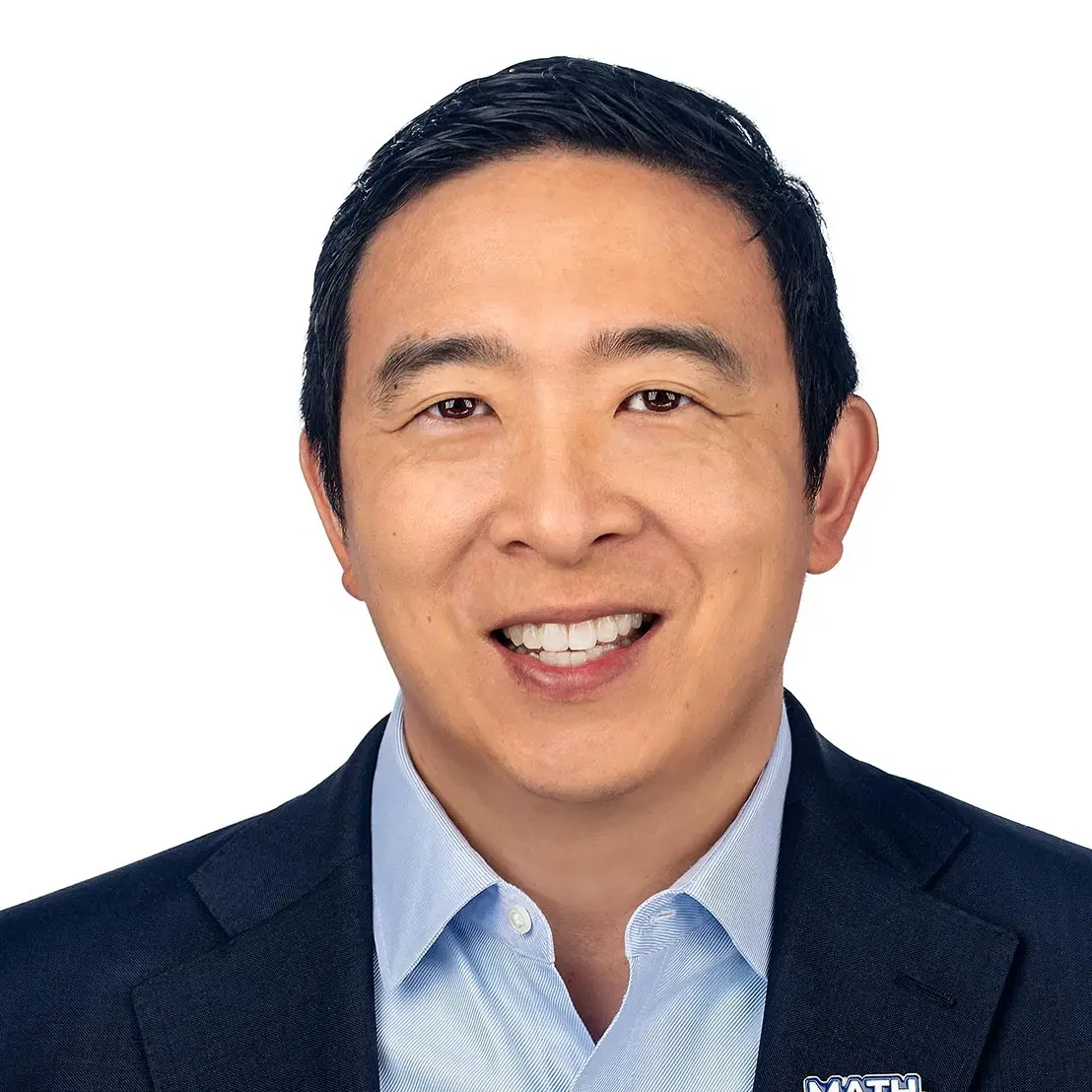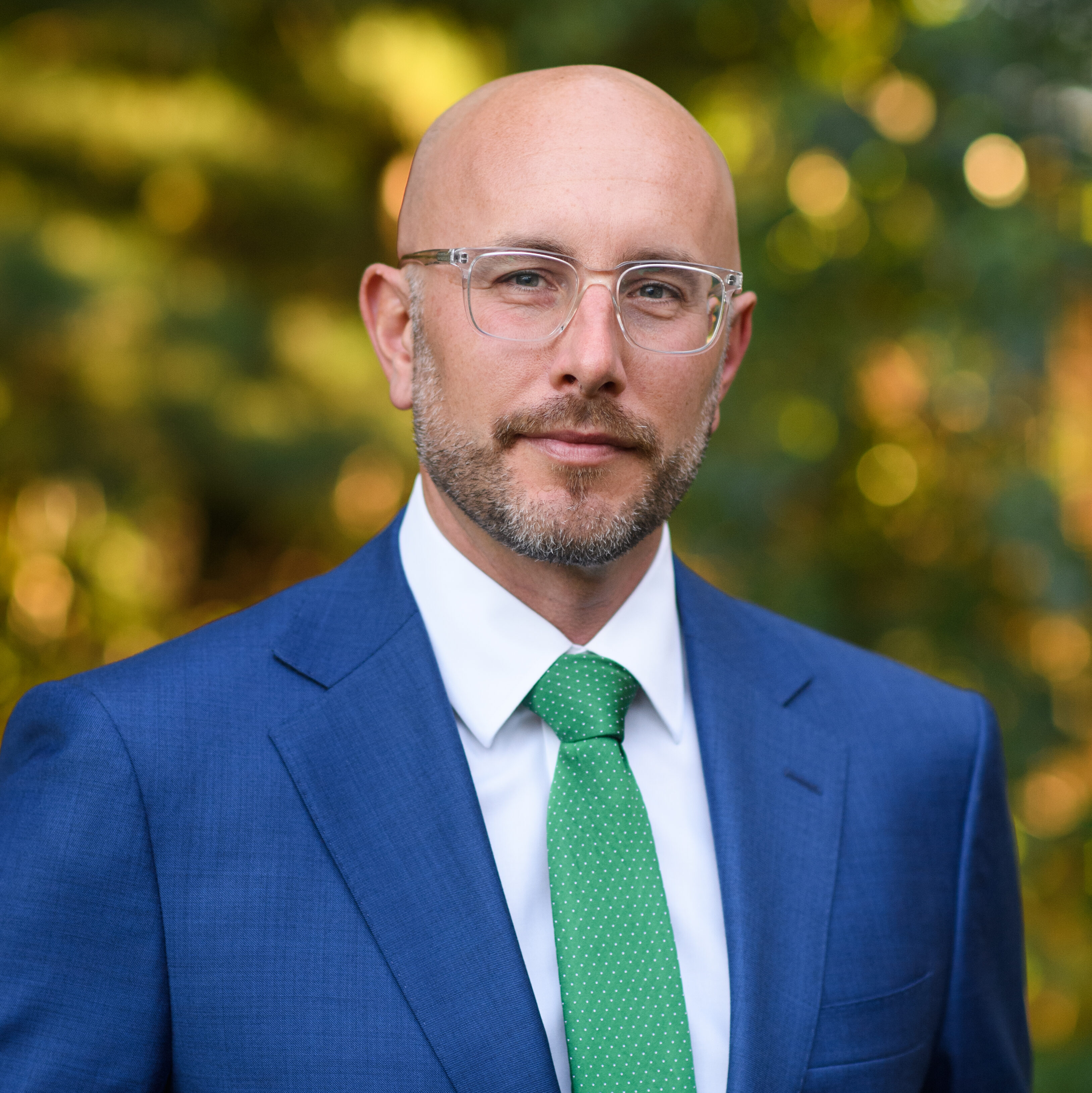Sign up for weekly new releases, exclusive access to live debates, and Open to Debate’s educational newsletters.
- Debates
Features
Topics
Upcoming debates
-
-
-
We are excited to announce the second debate in The Hopkins Forum, a partnership between Open to Debate and Johns Hopkins University’s Stavros Niarchos Foundation (SNF) Agora Institute. Join us in Baltimore for a live debate that will explore the high-stakes U.S.-China AI arms race, examining whether U.S. chip controls can secure an American advantage in artificial intelligence. The AI revolution is underway, and the U.S. and China are racing to the top. At the heart of this competition are semiconductors—especially advanced GPUs that power everything from natural language processing to autonomous weapons. The U.S. is betting that export controls can help check China’s technological ambitions. But will this containment strategy work—or could it inadvertently accelerate China’s drive for self-sufficiency? Those who think chip controls will work argue that restricting China’s access gives the U.S. critical breathing room to advance AI safely, set global norms, and maintain dominance. Those who believe chip controls are inadequate, or could backfire, warn that domestic chipmakers, like Nvidia and Intel, also rely on sales from China. Cutting off access could harm U.S. competitiveness in the long run, especially if other countries don't fully align with U.S. policy. As the race for AI supremacy intensifies, we debate the question: Can the U.S. Outpace China in AI Through Chip Controls?
Date & Time: Wednesday, May 14, 2025 at 6:00 PM | Doors open at 5:30 PM
Where: Johns Hopkins Campus - Shriver Hall (Shriver Hall, 3400 N Charles St Ste 14, Baltimore, MD 21218)
Please note, the debater lineup has been updated as of April 29th.
Wednesday, May 14, 2025
-
- Insights
- About
-

SUPPORT OPEN-MINDED DEBATE
Help us bring debate to communities and classrooms across the nation.
Donate
- Header Bottom



















JOIN THE CONVERSATION